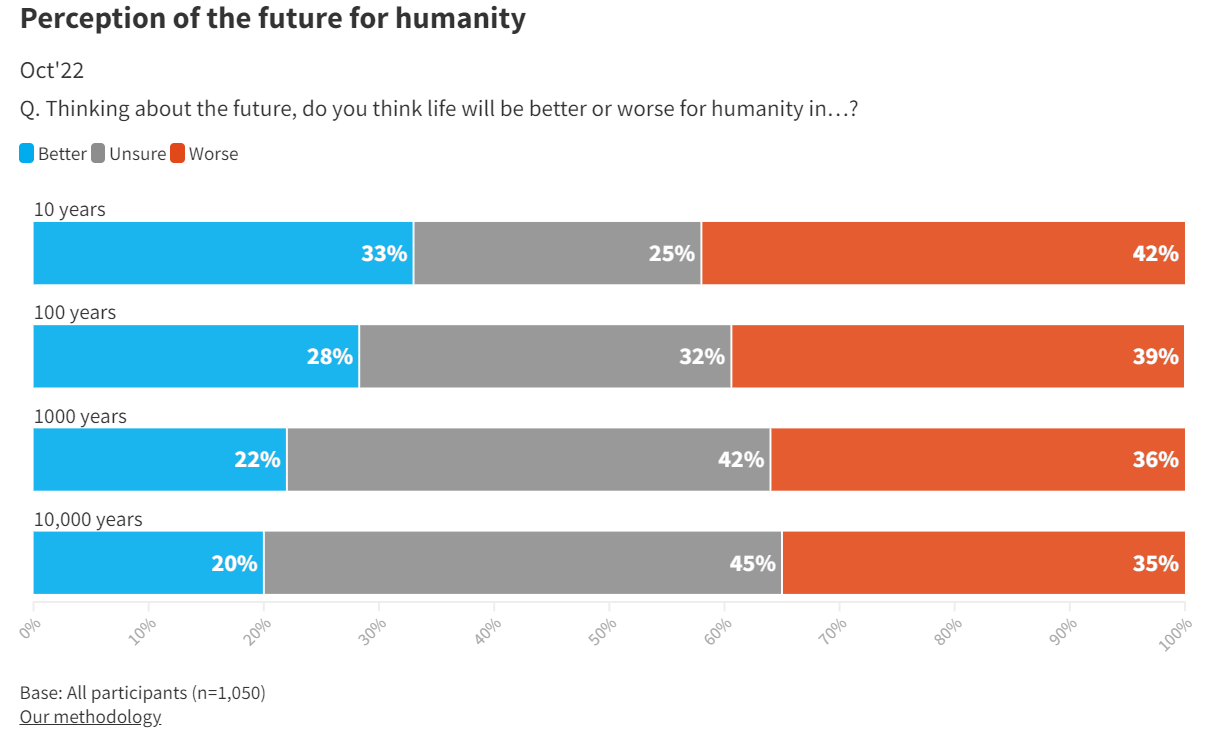[Cross-posted from my Substack here]
If you spend time with people trying to change the world, you’ll come to an interesting conundrum: Various advocacy groups reference previous successful social movements as to why their chosen strategy is the most important one. Yet, these groups often follow wildly different strategies from each other to achieve social change. So, which one of them is right?
The answer is all of them and none of them.
This is because many people use research and historical movements to justify their pre-existing beliefs about how social change happens. Simply, you can find a case study to fit most plausible theories of how social change happens. For example, the groups might say:
* Repeated nonviolent disruption is the key to social change, citing the Freedom Riders from the civil rights Movement or Act Up! from the gay rights movement.
* Technological progress is what drives improvements in the human condition if you consider the development of the contraceptive pill funded by Katharine McCormick.
* Organising and base-building is how change happens, as inspired by Ella Baker, the NAACP or Cesar Chavez from the United Workers Movement.
* Insider advocacy is the real secret of social movements – look no further than how influential the Leadership Conference on Civil Rights was in passing the Civil Rights Acts of 1960 & 1964.
* Democratic participation is the backbone of social change – just look at how Ireland lifted a ban on abortion via a Citizen’s Assembly.
* And so on…
To paint this picture, we can see this in action below:
Source: Just Stop Oil which focuses on…civil resistance and disruption
Source: The Civic Power Fund which focuses on… local organising
What do we take away from all this? In my mind, a few key things:
1. Many different approaches have worked in changing the world so we should be humble and not assume we are doing The Most Important Thing
2. The case studies we focus on are likely confirmation bias, where




Thanks for sharing this! What's the basis for believing this is inspired by WWOTF? I couldn't see anything about this after clicking the link.
Thanks, yes I should have linked to this too.
I found out about it from a webinar Peter Lewis was speaking on (17:01-21:50)